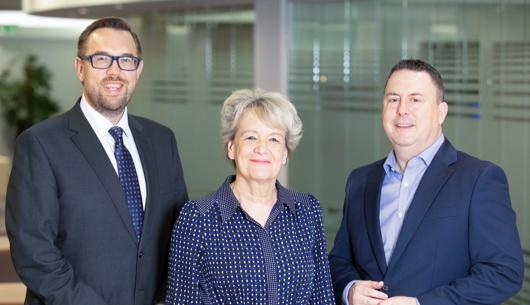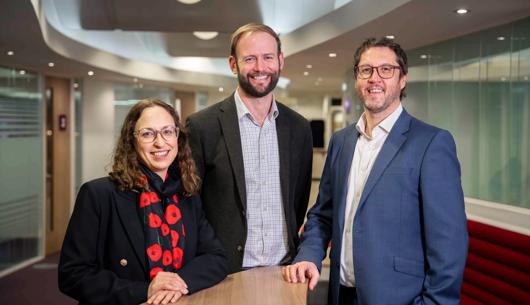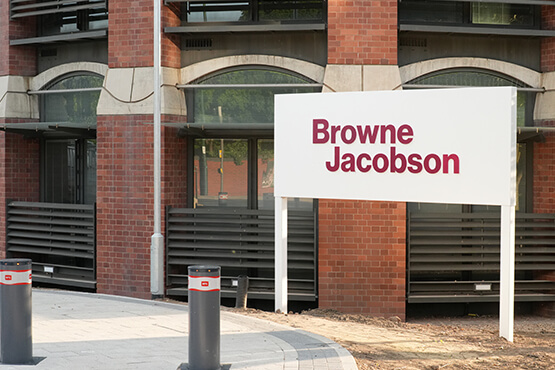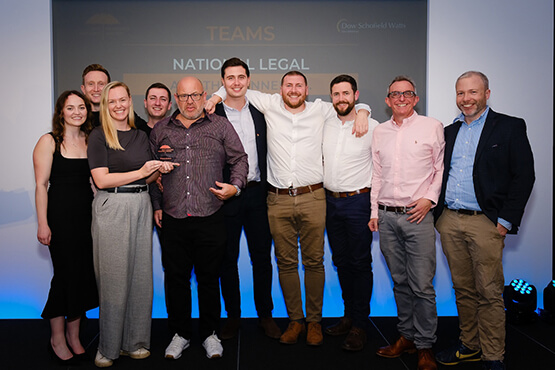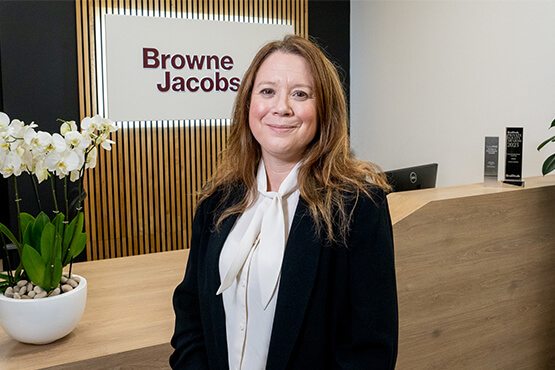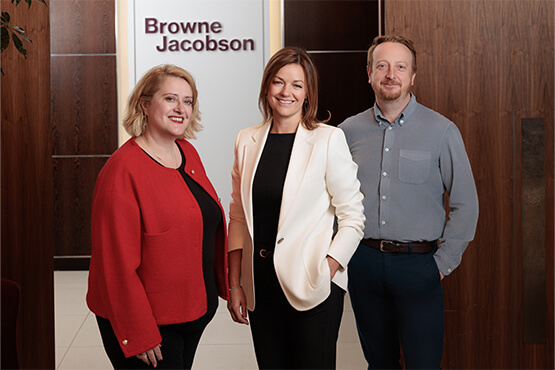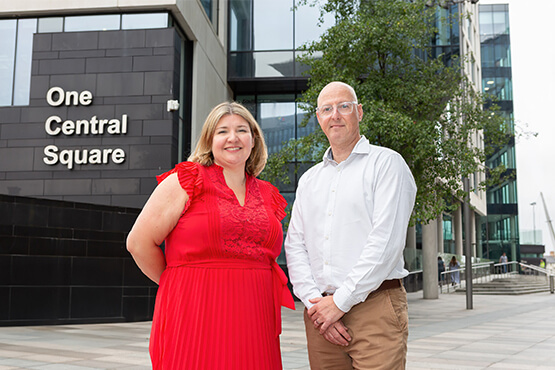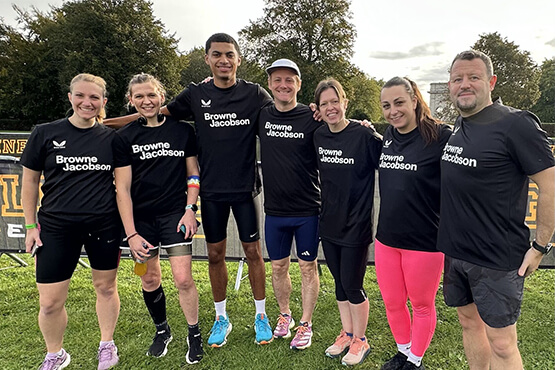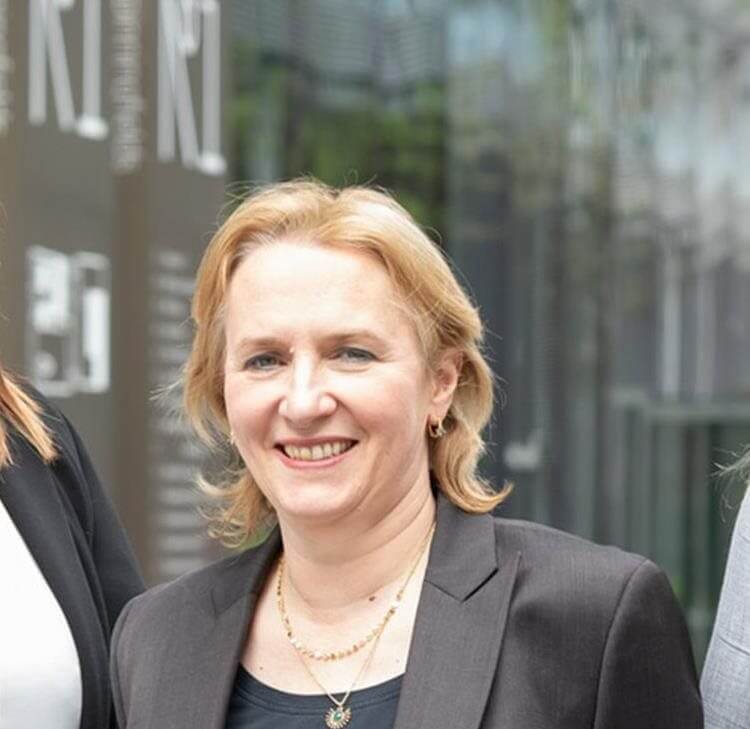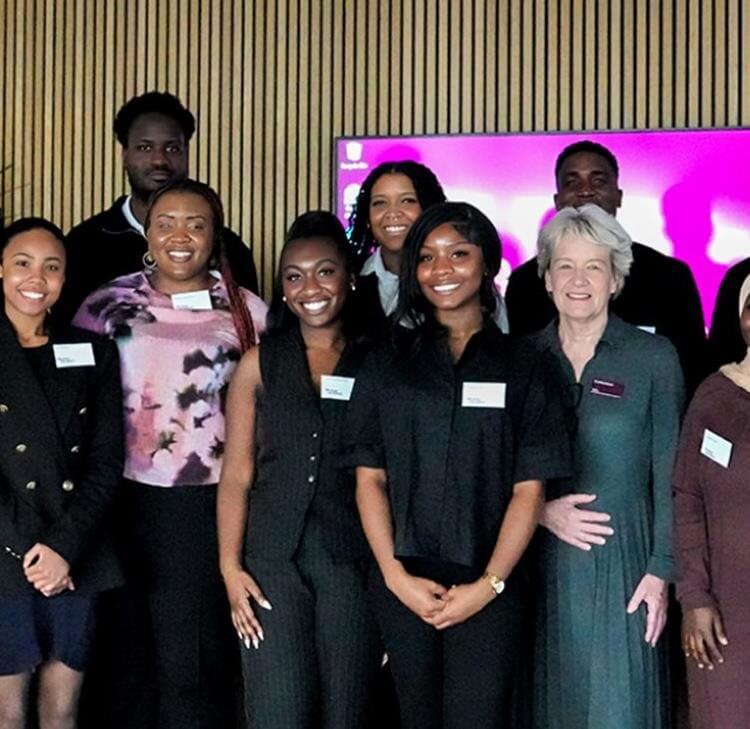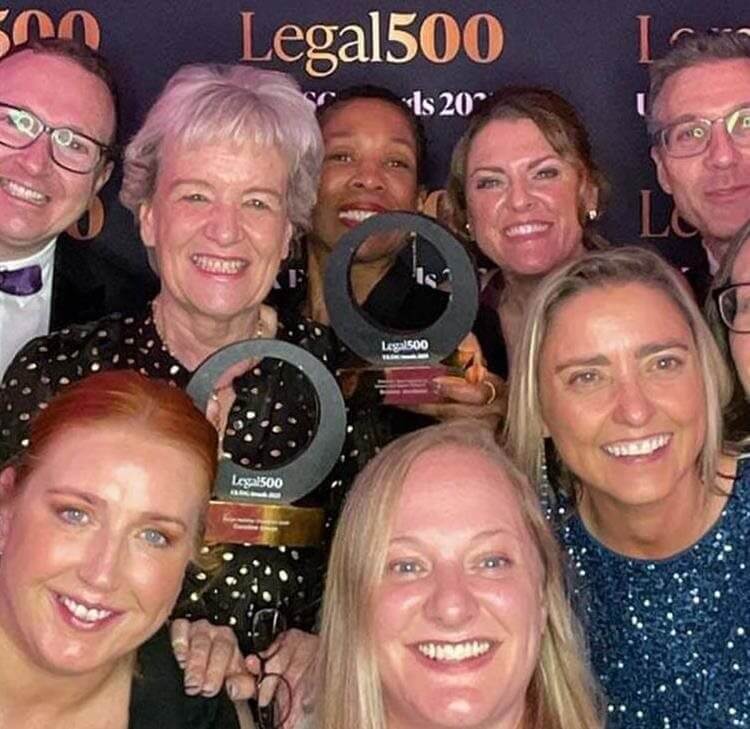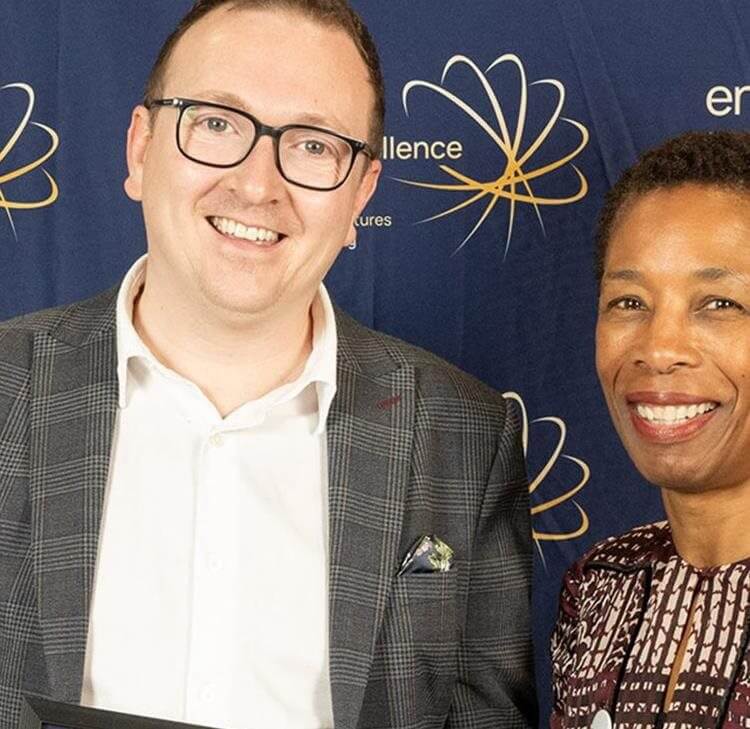We value the individual contribution of all of those who work for us and in taking an inclusive approach, recognise that we are all different and may have different needs.
If you have a disability, health condition or mental health issue, we can help you by making reasonable adjustments to remove or reduce barriers you might be facing, enabling you to work in equality with others.
We consider each request on an individual basis, taking into account your circumstances and the details of your request. By discussing with us how your disability, health condition or mental health issue affects you, we can identify how we might be able to support you.
We have a duty to provide reasonable adjustments for people with disabilities under the Equality Act 2010, but we may be able to support you even if you do not have a disability as defined by the Act.
This applies to job applicants, employees, and self-employed partners.
Frequently asked questions
If you think you might need a reasonable adjustment, the first step is to talk to us about how we might be able to support you:
At recruitment stage: If you are a job applicant and require reasonable adjustments as part of the application process, please contact our recruitment team at recruitment@brownejacobson.com to discuss your requirements.
Before joining the firm: Before joining the firm, you will be asked as part of our onboarding process whether there are any adjustments we could make for you. One of our HR Advisors will contact you before your start date, or upon joining the firm to discuss your requirements.
An adjustment can be any measure that removes or reduces the barriers to recruitment or working, as long as it is ‘reasonable.’ Adjustments may be temporary or permanent and may change over time.
The nature of the adjustments we might be able to offer will depend on your individual circumstances and the reason for your request. An adjustment can be anything that removes or reduces the barriers to recruitment or working so long as it’s reasonable. Adjustments may be temporary or permanent and may change over time. Some examples of adjustments we could make include, but are not limited to:
At recruitment stage
- Allowing more time when you make a recruitment application to us, including for any assessments
- Offering you an alternative if you are unable to use our online recruitment applications or online testing
- Allowing you to have someone with you during an interview or firm visit
- Holding meetings virtually or in places which have appropriate facilities
- Agreeing a single person to manage your communication with us if several departments are involved
During employment
- Using your preferred method of communication - by email, telephone or in person
- Providing documents or correspondence in a larger font size
- Providing documents on coloured paper or with a specific colour contrast, or coloured overlays for laptop use which can make the document/screen more readable for people with conditions such as dyslexia
- Arranging for sign language interpreters to attend meetings
- Adapted equipment such as specialist chairs, standing desks, ergonomic keyboards, laptops with larger screens, footrests, back supports, document carriers
- Accessibility equipment such as Live Scribe pens, voice recognition software and assistive listening devices for those with hearing loss
- Changing your working arrangements, for example, adjusting your working pattern or hours, work location or your job role/tasks
- A phased return to work after a period of absence
- Training on the accessibility features available on our software packages
Case studies
Below are three case study examples of reasonable adjustments we have provided during the recruitment stage. This list is not exhaustive, and there are many other ways we may be able to support you. If you need reasonable adjustments for any part of the application or interview process, please contact our recruitment team to discuss your requirements. [*Names and certain details have been changed to protect the anonymity of the candidates.]
Gemma applied for a legal assistant role and was invited to attend an interview. Gemma asked if we’d be able to accommodate a reasonable adjustment, as they have anxiety. Gemma explained that it would be really helpful if they could have the option to take a short break mid-interview. First stage interviews typically last 45 minutes – 1-hour so, with Gemma’s permission, we briefed the interview panel that Gemma might need to take a short break mid-interview, and we held 1-hour 15 minutes in the interviewers’ diaries to allow for this.
Jordan applied for a team assistant role. Jordan is Deaf, so asked for a BSL translator to join them in the interview. We contacted the Nottinghamshire Deaf Society to arrange this for the first stage interview, which was via Microsoft Teams. Jordan was subsequently invited to attend a second stage in-person interview. The Nottinghamshire Deaf Society supported us again, and a BSL translator came to the Nottingham office to join Jordan in the second interview.
Dean shared on their summer vacation scheme application form that they have dyslexia and asked for a reasonable adjustment during the assessment centre. A member of our recruitment team spoke with Dean to discuss the request, so we could provide the most suitable adjustment for them. Dean explained that, for any written/ reading assessments, they'd need 25% extra time. The assessment centre is a full day, and we wanted to ensure that Dean’s scheduled break times wouldn’t be impacted. With this in mind, we asked Dean if they’d be able to complete the written task the day before the assessment centre, allowing us to factor in the 25% extra time they’d need for other tasks on the day itself, whilst still giving them the opportunity to take breaks during the day.




